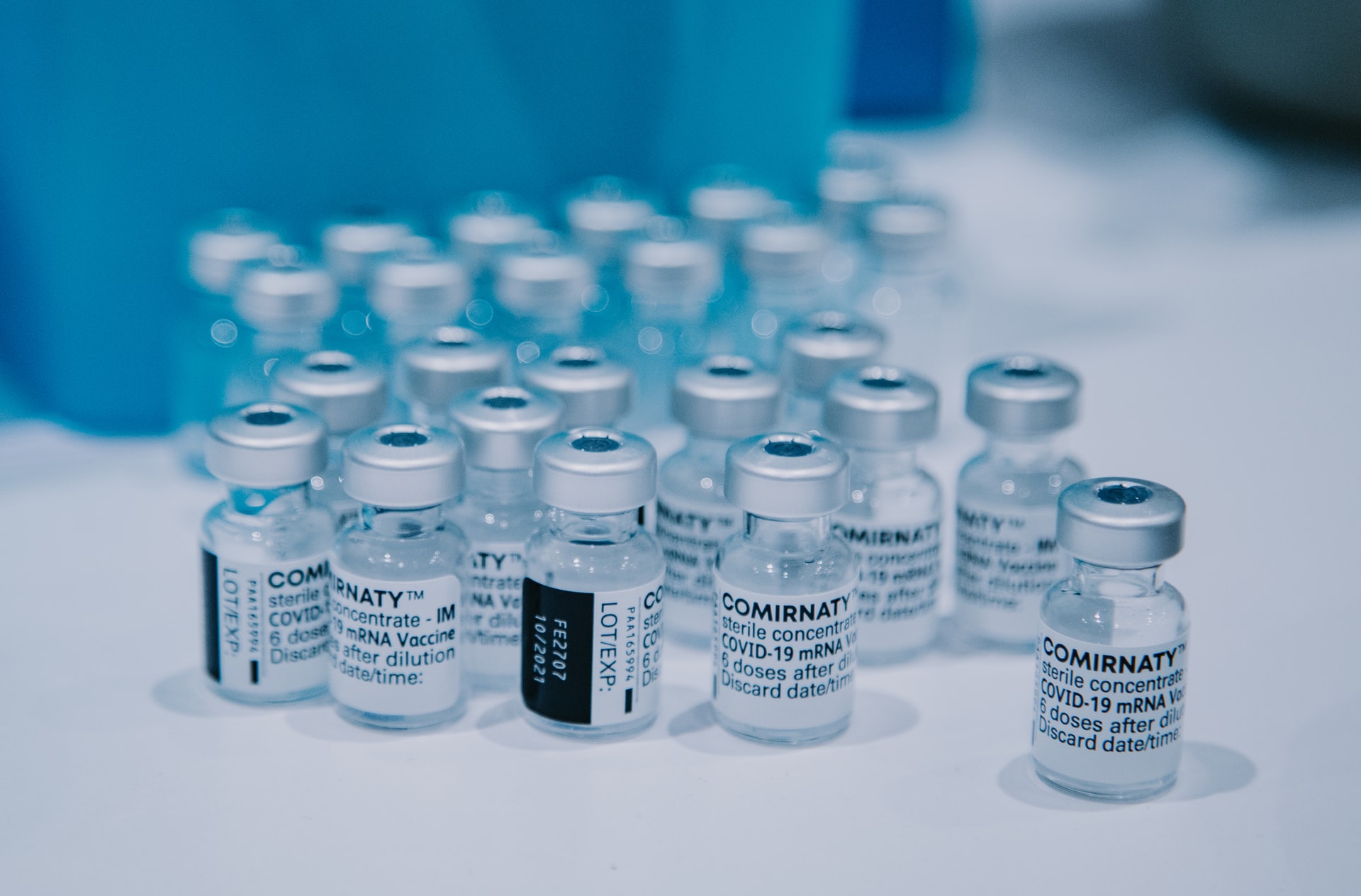Abbott Initiates Clinical Study to Evaluate the Use of Its Deep Brain Stimulation System to Manage Severe Depression
- The U.S. FDA granted Abbott Breakthrough Device designation to explore deep brain stimulation (DBS) for treatment-resistant depression (TRD) as an option to improve the lives of people with this debilitating condition
- Approximately 2.8 million Americans each year are diagnosed with TRD, a form of major depressive disorder that has not responded to two or more treatments1
ABBOTT PARK, Ill., Sept. 4, 2024 /PRNewswire/ -- Abbott (NYSE: ABT) announced today it has initiated a pivotal clinical trial, called the TRANSCEND study, to evaluate the use of the company's deep brain stimulation (DBS) system to manage treatment-resistant depression (TRD), a form of major depressive disorder. The U.S. Food and Drug Administration (FDA) granted Abbott Breakthrough Device designation to explore use of DBS for TRD under its Breakthrough Devices Program, which expedites the review of innovative technologies that can improve the lives of people with life-threatening or irreversibly debilitating diseases or conditions.
"As we have learned more about the intricacies of the brain, it is now clear that 'psychiatric diseases' like major depressive disorder are similar to other neurological conditions – we can see identifiable structural and functional changes in the brain," said Brian Kopell, M.D., lead neurosurgery investigator, and director of the Center for Neuromodulation and co-director of the Bonnie and Tom Strauss Center for Movement Disorders at Mount Sinai Health System. "So, it is not surprising that deep brain stimulation research has demonstrated promise for people suffering with treatment-resistant depression, as it has for patients with medically complicated Parkinson's disease over the past two decades. We are eager for Abbott's TRANSCEND trial to gather further evidence about the impact neurostimulation could have for people who need different treatment options than are currently available."
A form of major depressive disorder (MDD), TRD occurs when a person has not been able to find relief from their symptoms even after trying different antidepressant approaches, which can range from talk therapy to oral medications to transcranial magnetic stimulation. Up to a third of individuals diagnosed with MDD – approximately 2.8 million Americans each year – have TRD or difficult-to-treat depression.1 Each time a person fails a treatment, the chance of finding relief with the next treatment drops, and by the fourth failed treatment, as many as 83% of patients will relapse.1
DBS works like a pacemaker, sending small, targeted electrical pulses to a specific part of the brain with the goal of relieving symptoms. As part of the TRANSCEND study, doctors will place electrodes – called leads – in an area of the brain that impacts depression. These leads are connected to a device called a stimulator that is placed under the skin in the chest. The stimulator will send electrical pulses to the leads with the goal of adjusting activity in the brain and reducing symptoms associated with depression. Previous open-label studies exploring the use of DBS for TRD have shown at least a 50% sustained improvement in symptoms of depression for three out of four people over a period of two to eight years.2
"Treatment-resistant depression is a debilitating condition affecting 2.8 million Americans each year," said Pedro Malha, vice president, neuromodulation, Abbott. "The goal of Abbott's TRANSCEND study, in collaboration with top clinical research centers, is to develop the clinical evidence necessary to determine whether DBS is a safe and effective treatment for treatment-resistant depression, which could provide people with a new treatment option that will allow them to live fuller lives."
About TRANSCEND
The TRANSCEND (Treatment ResistAnt DepressioN Subcallosal CingulatE Network DBS) study is a prospective, multi-centered, double-blind, randomized and sham-controlled clinical trial. It will enroll 100 people, ages 22 to 70, who have failed a minimum of four different types of antidepressant treatments at up to 25 centers nationwide. Participants will be randomly assigned to either the treatment arm or control arm of the trial. Once a participant has received their Abbott DBS device, those in the treatment arm will have the system turned on while those in the control arm will not. Neither the participant nor the study researcher will know if their device has been turned on.
Once a participant has completed 12 months in the study, all participants will have their DBS system turned on and followed for an additional two years. The study's success will be evaluated based on the number of months participants in the treatment group experience improvements in their Montgomery-Asberg Depression Rating Scale (MADRS) scores compared to those in the control group. MADRS is used to measure a person's depression by looking at a range of symptoms, such as sadness, loss of appetite, trouble sleeping, as well as difficulty concentrating and starting or completing daily tasks.
Dr. Brian Kopell has consulted on DBS technology for Abbott's neuromodulation business.
About Abbott
Abbott is a global healthcare leader that helps people live more fully at all stages of life. Our portfolio of life-changing technologies spans the spectrum of healthcare, with leading businesses and products in diagnostics, medical devices, nutritionals and branded generic medicines. Our 114,000 colleagues serve people in more than 160 countries.
Connect with us at www.abbott.com and on LinkedIn, Facebook, Instagram, X and YouTube.
1 Rush AJ, Trivedi, MH, Wisniewski SR, et al. Acute and longer-term outcomes in depressed outpatients requiring one or several treatment steps: a STAR*D report. Am J Psychiatry. 2006;163(11):1905-1917. doi:10.1176/ajp.2006.163.11.1905. | ||||
![]() View original content:https://www.prnewswire.com/news-releases/abbott-initiates-clinical-study-to-evaluate-the-use-of-its-deep-brain-stimulation-system-to-manage-severe-depression-302237771.html
View original content:https://www.prnewswire.com/news-releases/abbott-initiates-clinical-study-to-evaluate-the-use-of-its-deep-brain-stimulation-system-to-manage-severe-depression-302237771.html
SOURCE Abbott

